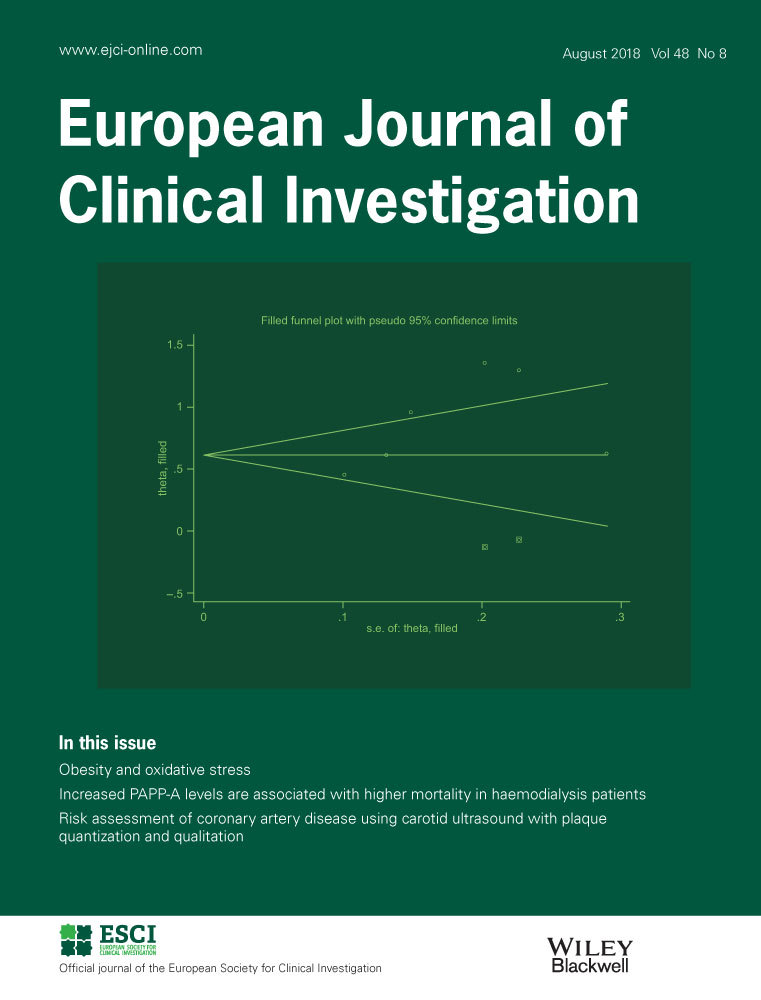Nutrition, cognition and chronic kidney disease: A comprehensive review of interactions and interventions
Abstract
Background
Cognitive impairment is a prevalent complication in chronic kidney disease (CKD), ranging from mild deficits in early stages to more severe conditions, such as mild cognitive impairment and dementia in advanced stages. CKD patients exhibit reduced performance in memory, attention, language, visuospatial abilities and executive functions.
Results and Discussion
Contributing factors include uraemic toxins, structural brain changes, blood–brain barrier dysfunction, anaemia and comorbidities like diabetes mellitus. Malnutrition, affecting nearly half of CKD patients, exacerbates cognitive decline through inflammation, oxidative stress and protein-energy wasting. Nutritional deficiencies, particularly in protein, vitamin D, B vitamins, omega-3 fatty acids and antioxidants, are linked to impaired cognition. Emerging evidence highlights the role of the gut–brain axis, with gut-derived uraemic toxins and microbiome alterations contributing to cognitive dysfunction. Processed foods and microplastics further compound risks by promoting inflammation and neurotoxicity. Dialysis and kidney transplantation offer opportunities for cognitive recovery, though challenges remain, particularly in haemodialysis patients. Nutritional interventions, including tailored protein intake, micronutrient supplementation and dietary counselling, are critical for mitigating cognitive decline. Addressing CKD comorbidities, such as anaemia and diabetes through targeted nutritional and pharmacological strategies, improves outcomes. Integrating psychological and social support enhances quality of life, given the high prevalence of anxiety and depression in CKD patients.
Conclusions
Future research should focus on personalized nutrition, gut microbiota modulation and routine cognitive assessments to optimise care. A holistic approach combining medical, nutritional and psychosocial strategies is essential for improving cognitive and overall health in CKD patients.

 求助内容:
求助内容: 应助结果提醒方式:
应助结果提醒方式:


